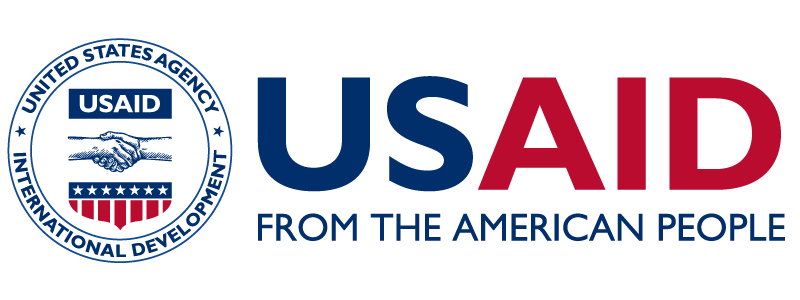South Africa


There has been recent momentum and political will in South Africa to establish early childhood data and measurement systems. Together for Early Childhood Evidence has supported the Department of Basic Education, USAID, and others in communicating the importance of sound data systems to a broader group of stakeholders across South Africa.
In 2019, the South African country team completed the T4ECE Diagnostic Toolkit, which helped outline key data and measurement priorities. Defining priority areas has been especially important as the Department of Basic Education recently absorbed national early childhood development responsibilities from the Department of Social Development.
In 2021, Together for Early Childhood Evidence supported a broader national effort to track South African children’s learning outcomes. Project funds supported Innovation Edge and the Department of Basic Education launch of the Thrive by Five Index better to understand early childhood outcomes and quality in South Africa. Thrive by Five was co-sponsored by First National Bank, USAID, and Together for Early Childhood Evidence. Before the Index, limited systematic information was available about the diverse early learning programs in the country or the outcomes for children who attend them. There were no national data or a system to monitor and report child outcomes trends over time. The Index fills an essential gap in South Africa, providing decision-makers with information on whether children attending South African Early Learning Programs are developmentally on track for their age.
Read more about the Thrive by Five Index
Building on this progress, in 2024, the South African T4ECE research team, led by Ilifa Labantwana, will identify a key set of indicators to be included in a new Early Childhood Development M&E Framework for the National ECD Policy. Within this framework, various government departments will report collectively on the progress of ECD service delivery and, ultimately, improved child outcomes across all the domains of the nurturing care framework. The development of this new Early Childhood Development M&E framework is a key step towards bringing all existing data sources and systems in a meaningful way that directly ties into the government’s population-based planning process. This growing suite and shared info system of Early Childhood Development data and information products places South Africa on excellent footing toward building a robust Early Childhood Development information ecosystem. For more information, please read Building consensus on key early childhood indicators in South Africa.
To learn more, please read about Together for Early Childhood Evidence in South Africa (PDF).
Additional Information
The South African country team was established in 2019, and is co-chaired by USAID South Africa and the Department of Basic Education.
Key Indicators from South Africa
Data from the World Bank.
|
Poverty headcount ratio at $2.15 a day (2017 PPP) (% of population) |
21% |
|
GDP per capita (current US$) |
$7,055 |
|
School enrollment, preprimary (% gross) |
18% |
|
Prevalence of stunting, height for age (% of children under 5) |
21% |
|
Mortality rate, under-5 (per 1,000 live births) |
33 |
Country Team Members
Executive Director, DataDrive 2030
Project Manager & Analyst, DataDrive 2030
Deputy Director: Research Coordination, Monitoring and Evaluation, Department of Basic Education
Chief Director, Foundations for Learning, Delivery, and Support, Department of Basic Education
Deputy Director-General: Delivery and Support, Department of Basic Education
Education Specialist, Department of Basic Education
Project Management Specialist, USAID South Africa
Education Director, USAID South Africa
Education Officer, USAID South Africa
Education Officer, USAID South Africa

The Together for Early Childhood Evidence program is made possible by the generous support of the American people through the United States Agency for International Development under the terms of contract No. 7200AA19C00080, subcontract CATALYZE-Edu-CR-2023-0352. The contents of this website are developed by the Early Childhood Development Measure group hosted at the University of Nebraska Medical Center, and do not necessarily reflect the views of USAID or the United States Government.